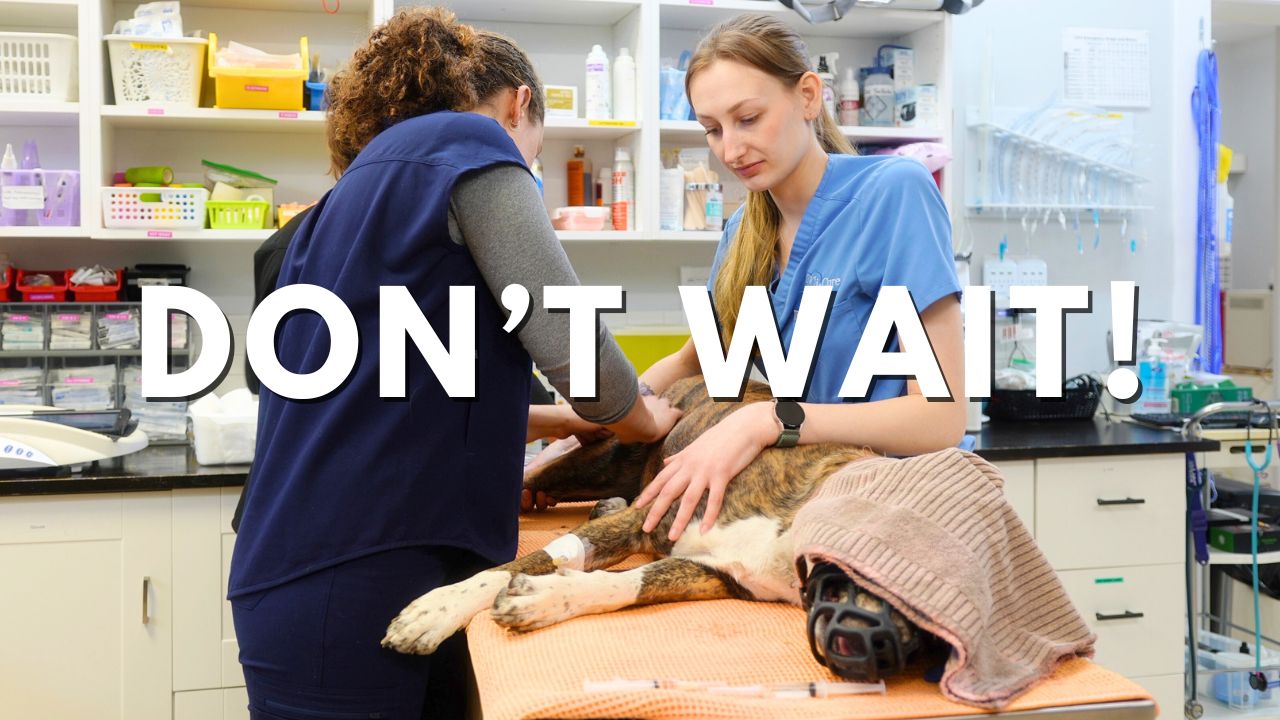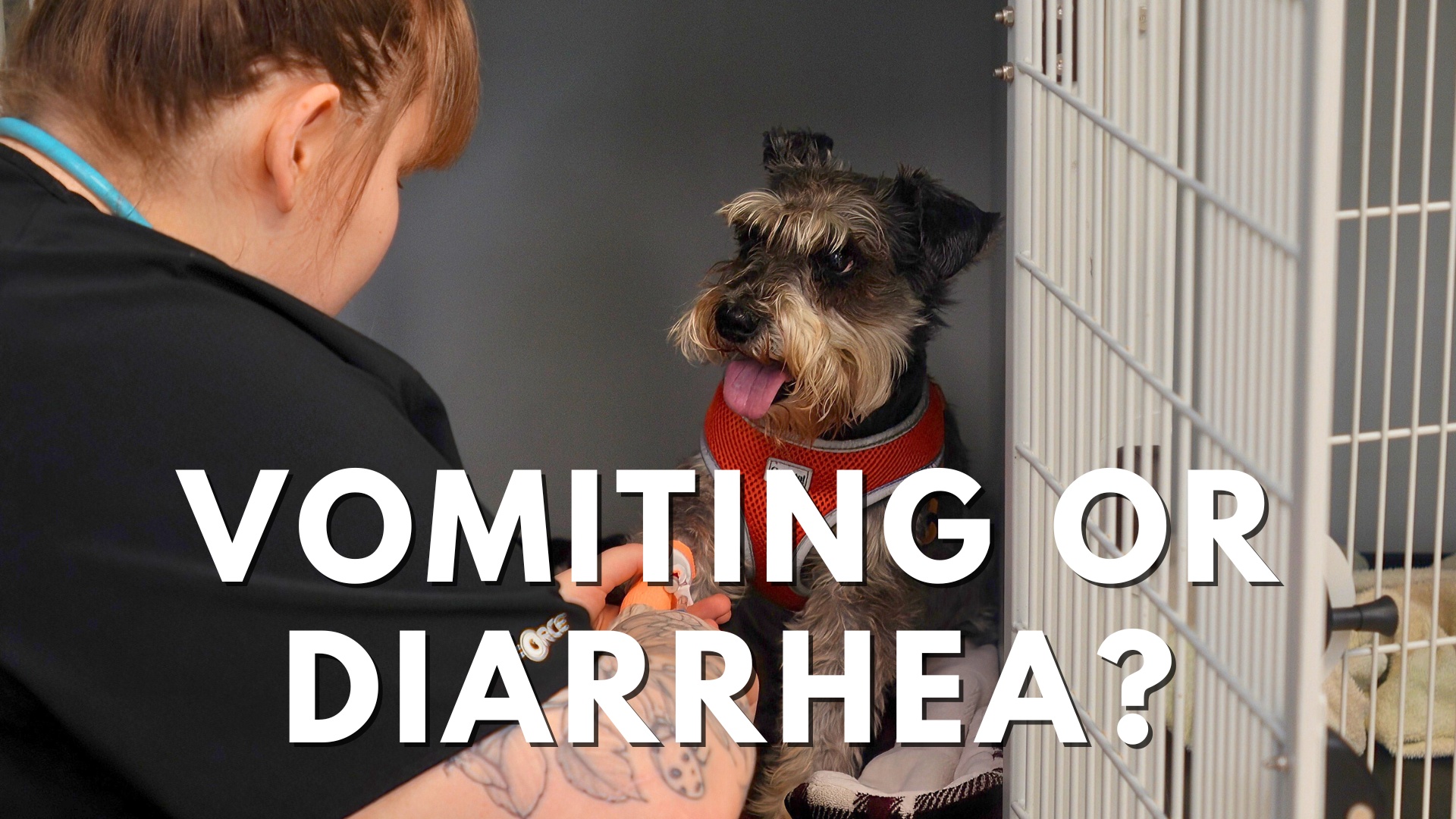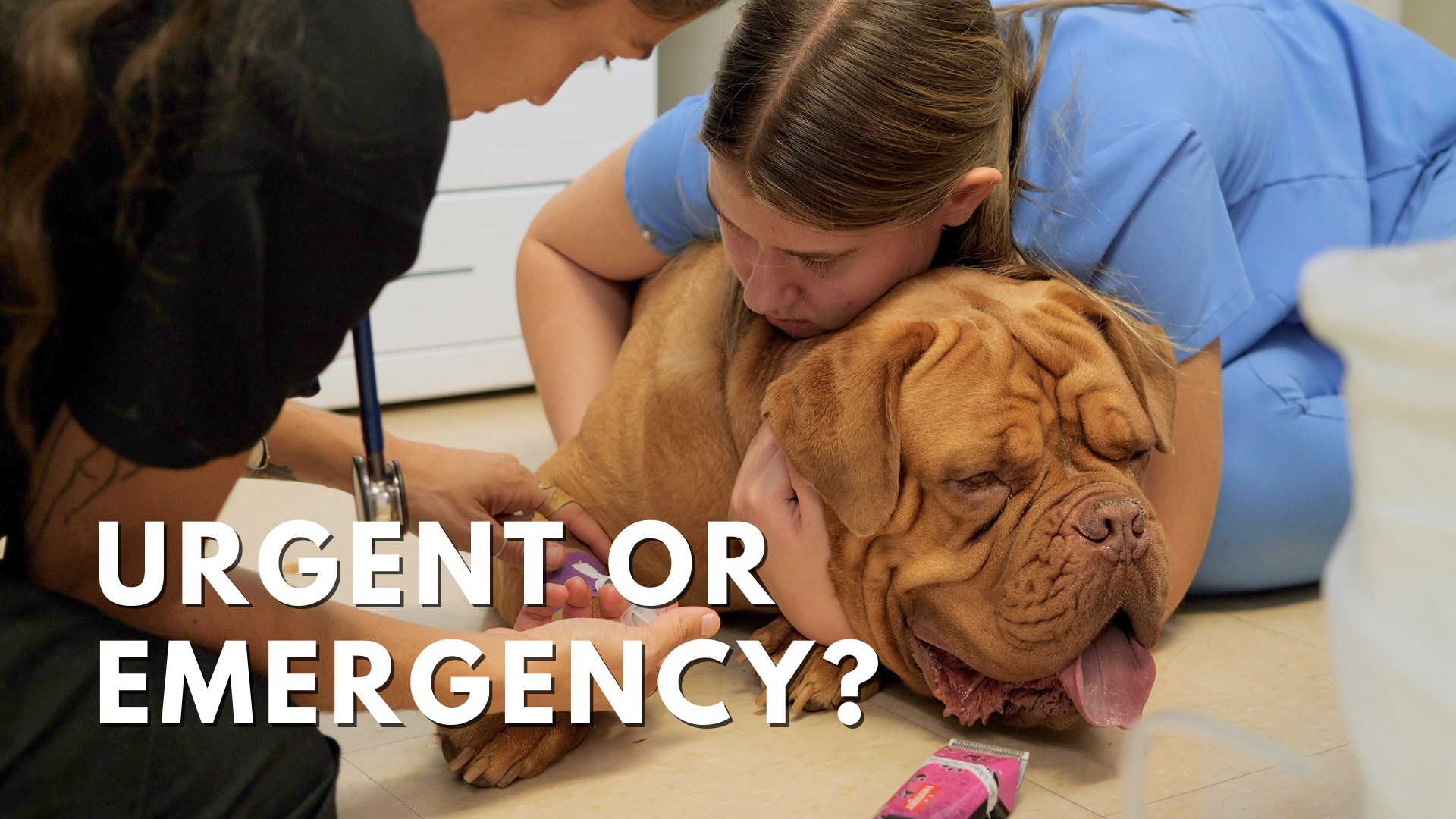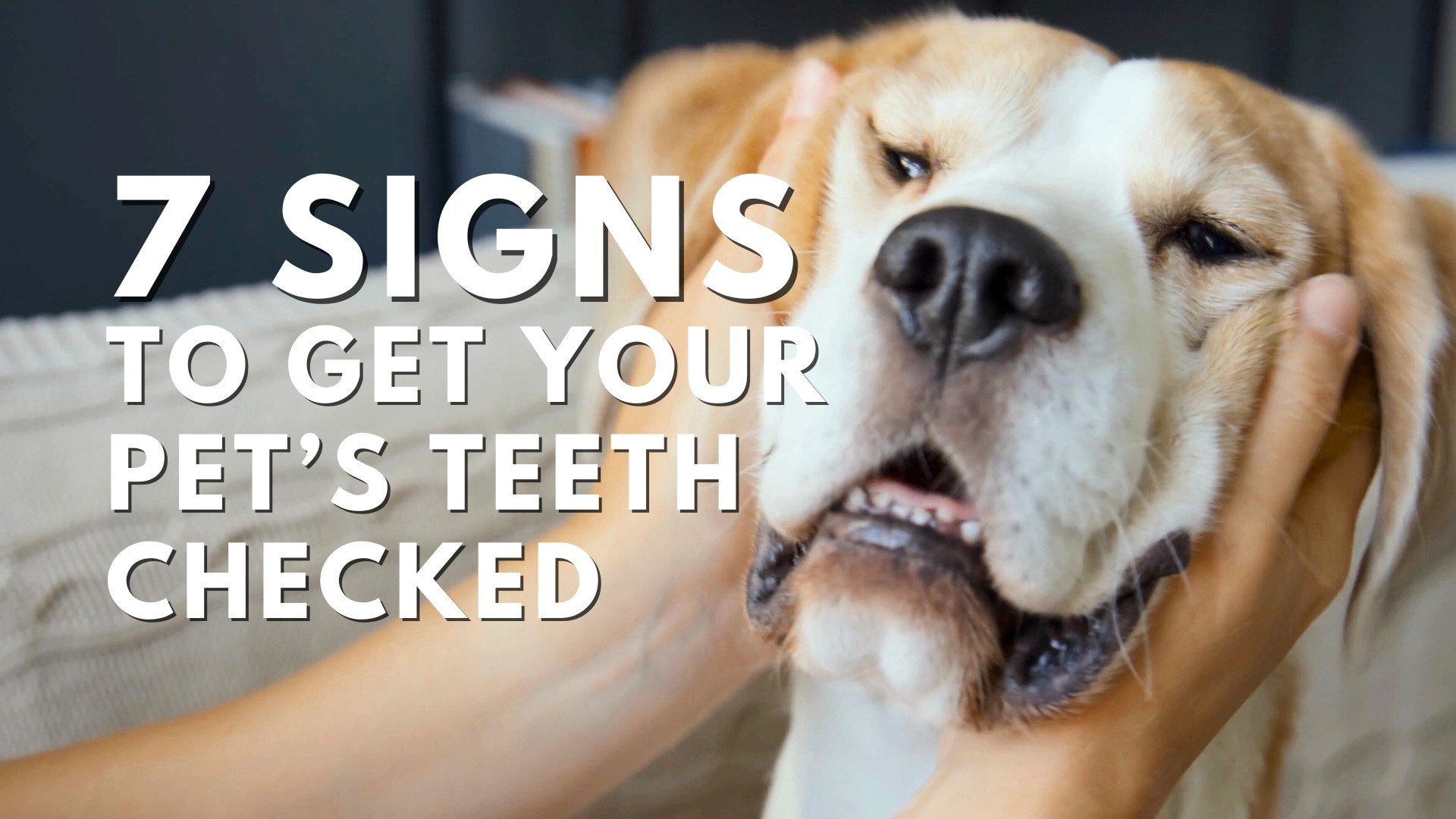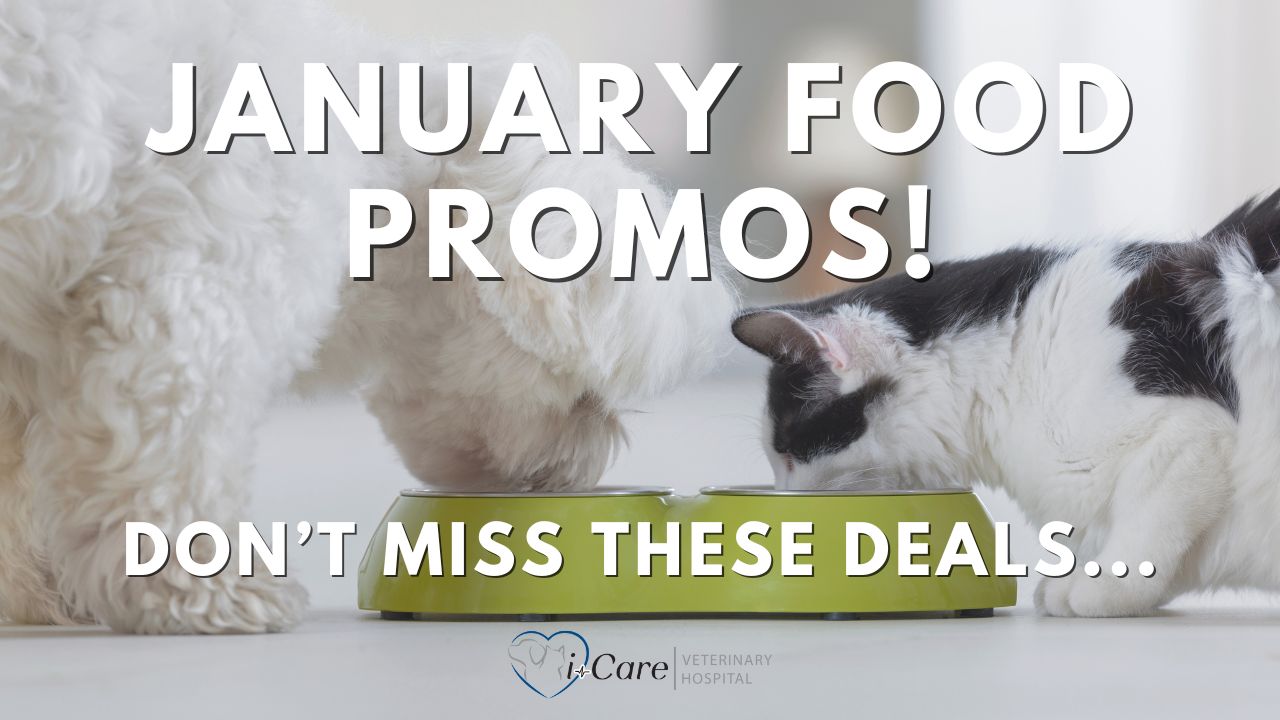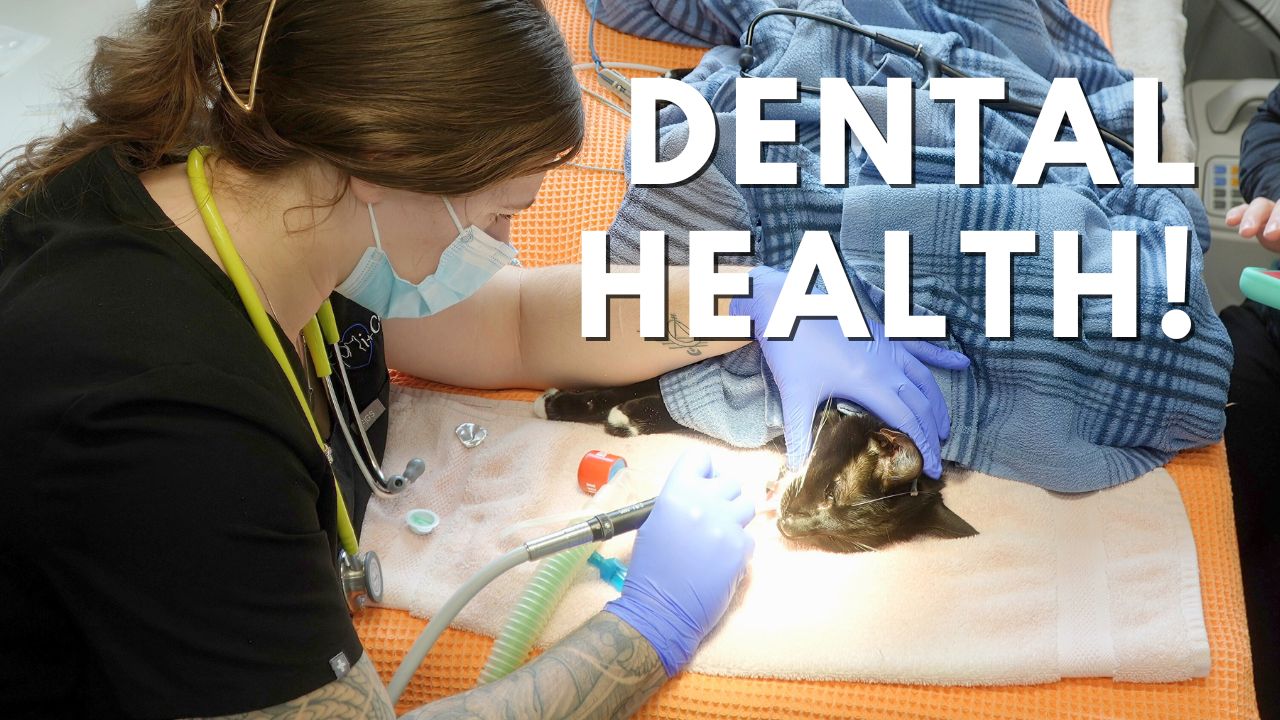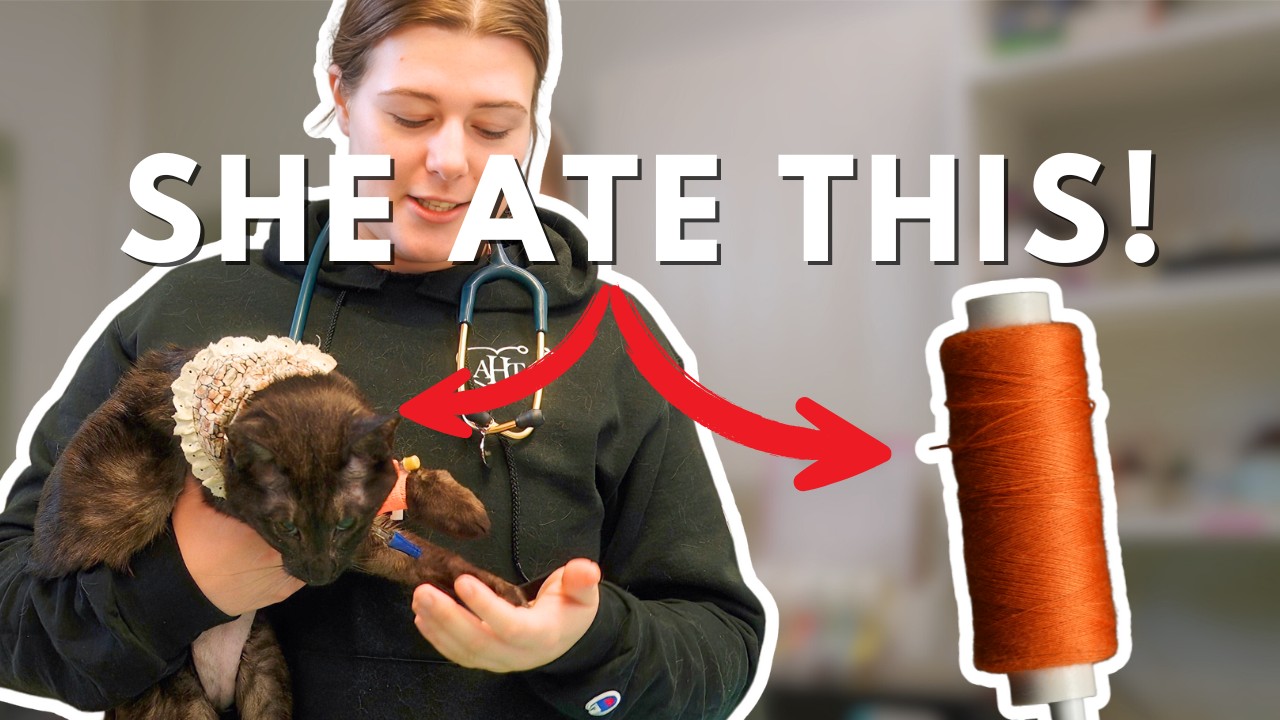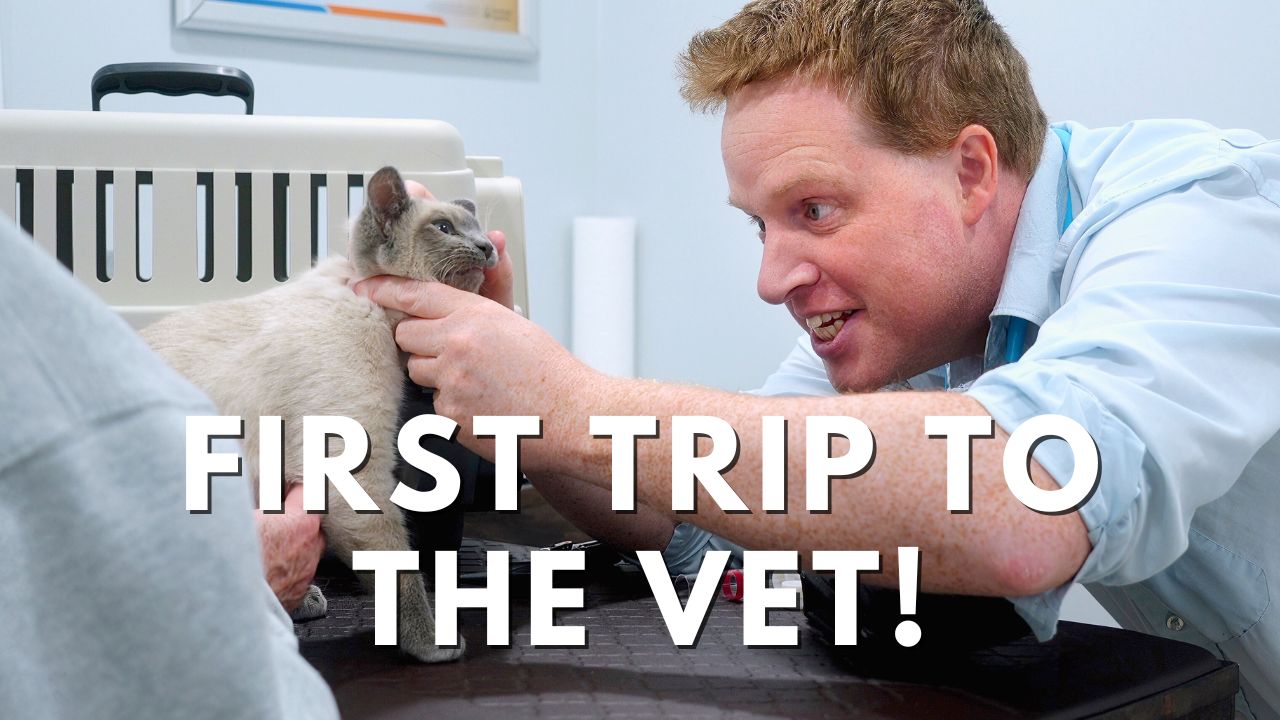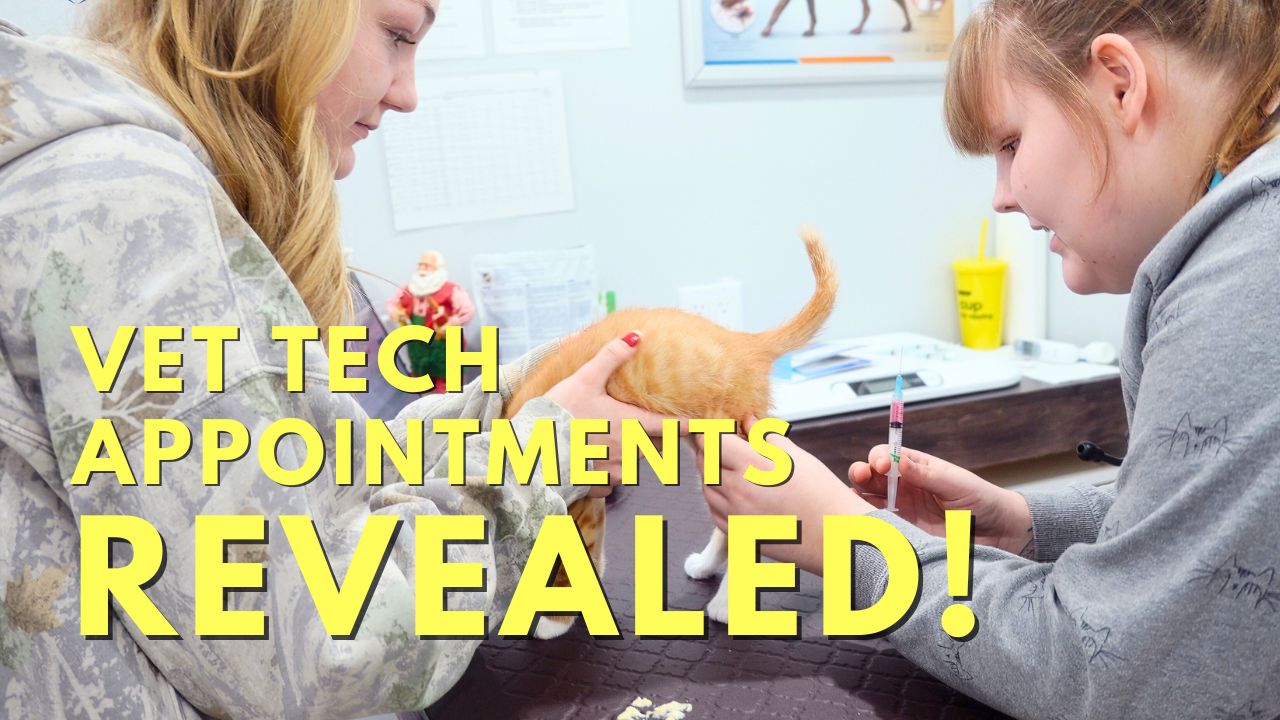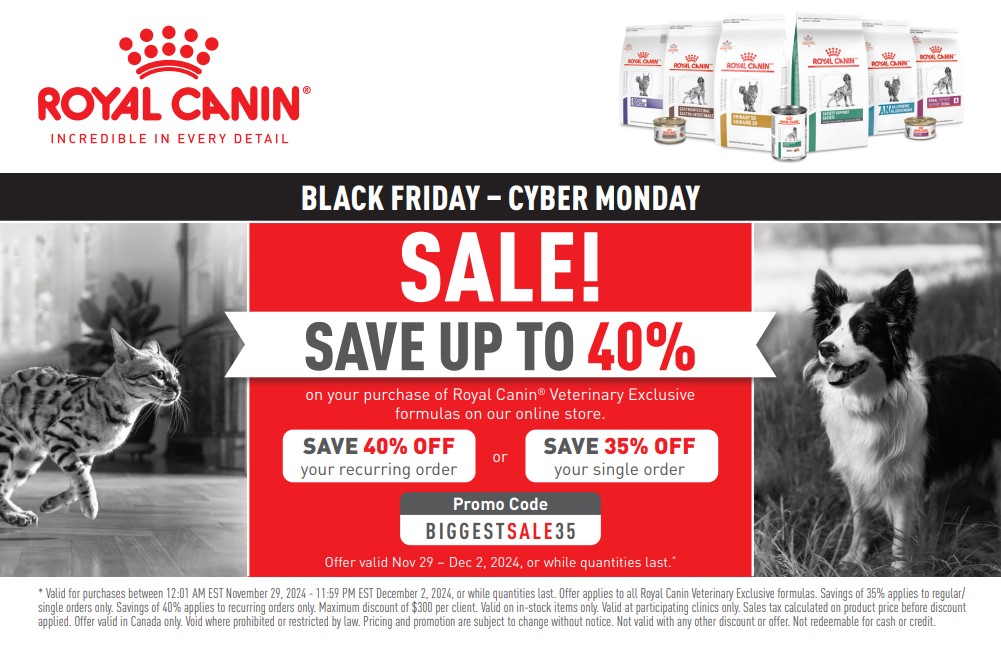11 Feb Urgent & Emergency Care for Accidents – Steps to Take After an Injury to Your Dog or Cat
Pets are naturally curious, playful, and sometimes a little too adventurous for their own good. Whether it is a minor cut, a fall, or a more serious accident, knowing how to respond quickly can make all the difference in your pet’s recovery. At i-Care Veterinary Hospital, we provide same-day urgent care services for injuries that need prompt attention but are not life-threatening emergencies. If you are unsure whether your pet needs urgent or emergency care, give us a call, and we will guide you on the best next steps. Step 1: Stay Calm and Assess the Injury In any pet emergency, your calmness is key. Before rushing to help, take a deep breath and observe your pet’s condition. Look for: ✔ Bleeding or open wounds ✔ Limping or reluctance to move ✔ Whining, shaking, or signs of pain ✔ Swelling or bruising ✔ Difficulty breathing or signs of distress If your pet is alert and mobile, proceed to first aid steps. If they are unresponsive, struggling to breathe, or unable to move, seek emergency care immediately. Step 2: Control Bleeding For minor wounds, apply gentle pressure with a clean cloth or gauze to slow the bleeding. If the bleeding is severe or does not stop within five to ten minutes, seek veterinary care right away. Do not use hydrogen peroxide or alcohol on deep wounds, as these can delay healing. Stick to clean, dry pressure and let your veterinarian handle the rest. Step 3: Keep Your Pet Still If your pet is limping, has a swollen limb, or appears to have a fracture, limit their movement as much as possible. For small pets, place them in a carrier or box lined with blankets to keep them secure. For larger pets, use a makeshift stretcher such as a sturdy blanket or board to move them without worsening the injury. Step 4: Avoid DIY Treatments It is tempting to treat injuries at home, but many human medications and home remedies can be dangerous for pets. Do not give human painkillers like ibuprofen or Tylenol, as these are toxic to pets. Also, do not attempt to set broken bones or dislocated joints. Improper handling can cause further damage. Step 5: Seek Urgent or Emergency Care Some injuries require immediate veterinary attention. Contact i-Care Veterinary Hospital for urgent care or to determine if emergency care is needed if your pet has: ✔ Deep cuts, wounds, or excessive bleeding ✔ Lameness, limping, or suspected fractures ✔ Swelling or bruising that worsens ✔ Head trauma from falls or being hit...

